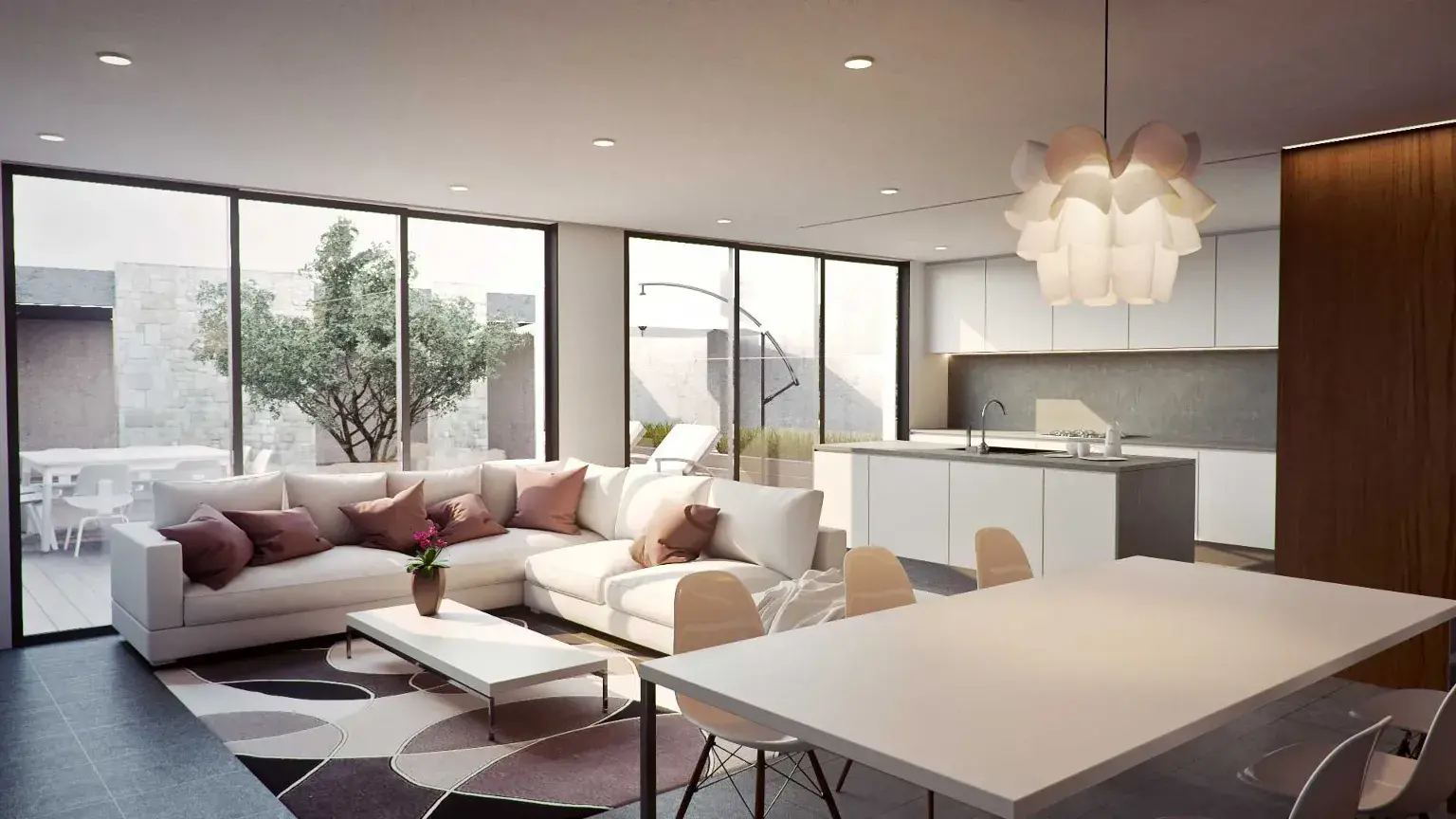Pricing a property is both an art and a wisdom. It involves further than just assessing the request value or the cost of construction; it gates into the intricate realm of mortal psychology. The way a property is priced can significantly impact implicit buyers’ comprehensions, opinions, and eventually, the success of a trade.
In this composition, we claw into the psychology of pricing and explore how setting the right price for your property can be a strategic and nuanced process.
The anchoring effect is a cognitive bias where individualities calculate heavily on the first piece of information encountered when making opinions. In the environment of property pricing, this means that the original table price serves as an internal anchor for implicit buyers. thus, it’s pivotal to set a reasonable and competitive original price that captures attention without inhibiting prospective buyers.
Pricing Perception and Quality
Psychologically, consumers frequently associate advanced prices with advanced quality. While this may not always be the case, pricing a property too low can produce dubitation about its quality or condition. Striking the right balance is essential – a price that reflects the property’s value while also appealing to the target request.
The pricing strategy known as” charm pricing” involves setting prices just below a round number, generally ending with the number 9. For illustration, listing a property at$ 499,000 rather of$ 500,000. Studies have shown that consumers perceive prices ending in 9 as being more favorable and affordable, making this a common and effective fashion in the real estate assiduity.
Relative Pricing Strategies
When pricing a property, considering similar deals( giveaways) in the area is standard practice. still, the donation of these comparables can impact the perceived value of the property in question. Pressing slightly lower- priced giveaways can make your property feel like a better deal, while emphasizing advanced- priced bones may convey exclusivity and luxury.
Price adaptations and Perceived Desirability
Still, a price reduction can spark renewed interest, If a property sits on the request without important interest. Psychologically, implicit buyers may perceive the property as further desirable or a better deal after a price drop. Strategic price adaptations can be an important tool to revitalize interest and expedite the selling process.
Emotional Pricing and concession Room
Understanding the emotional aspect of homebuying is vital. Buyers frequently anticipate to negotiate, so pricing a property with a bit of inflexibility allows room for concession. This can produce a positive experience for buyers, fostering goodwill and adding the liability of a successful sale.
Conclusion: Pricing a property involves further than assessing request trends and construction costs; it delves into the complex realm of mortal psychology. The way a property is priced can impact buyer comprehensions, impact advisability, and eventually determine its success in the request. By understanding and using the psychology of pricing, merchandisers can strategically place their parcels to attract the right buyers and optimize the chances of a successful trade.


